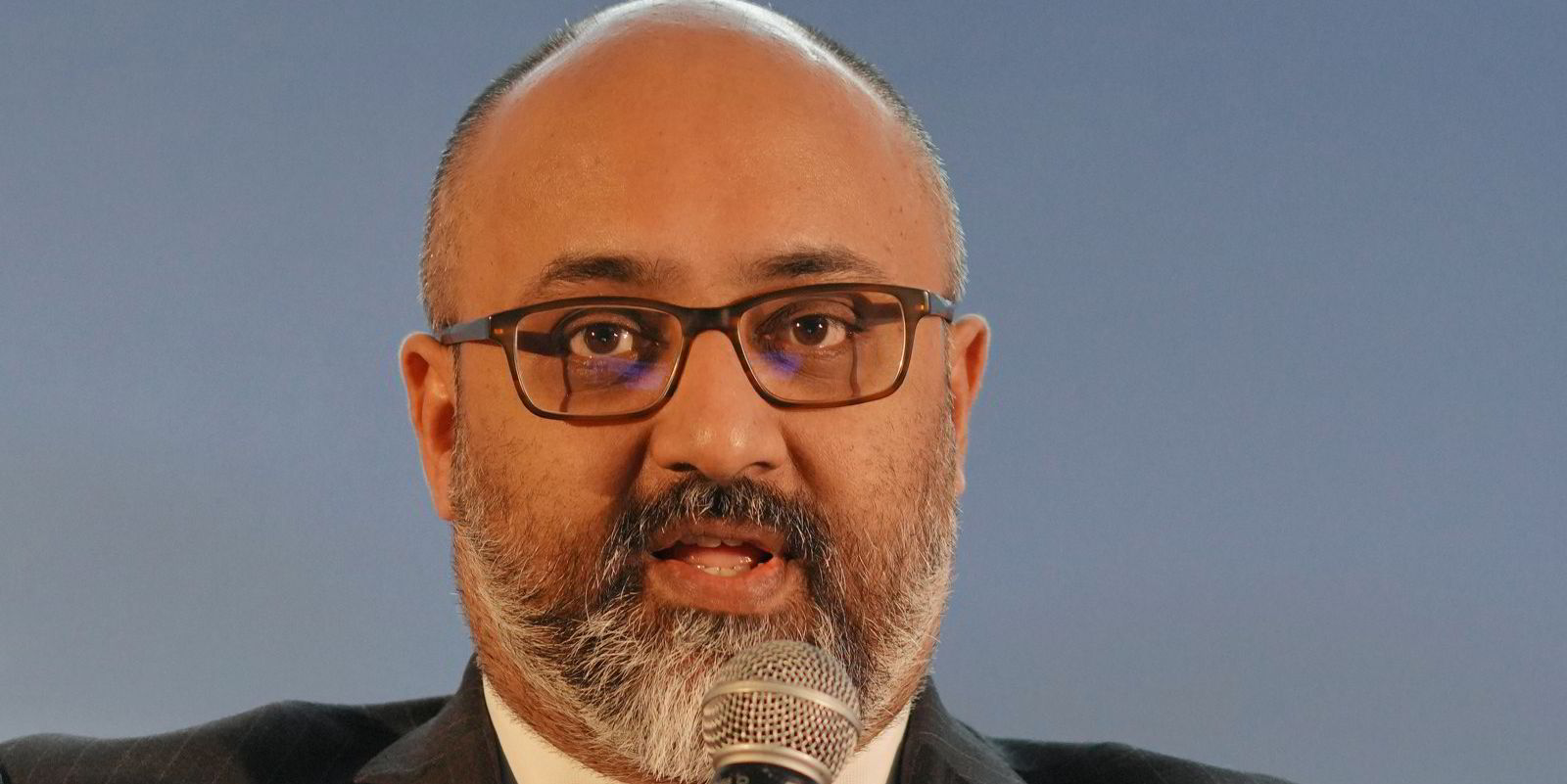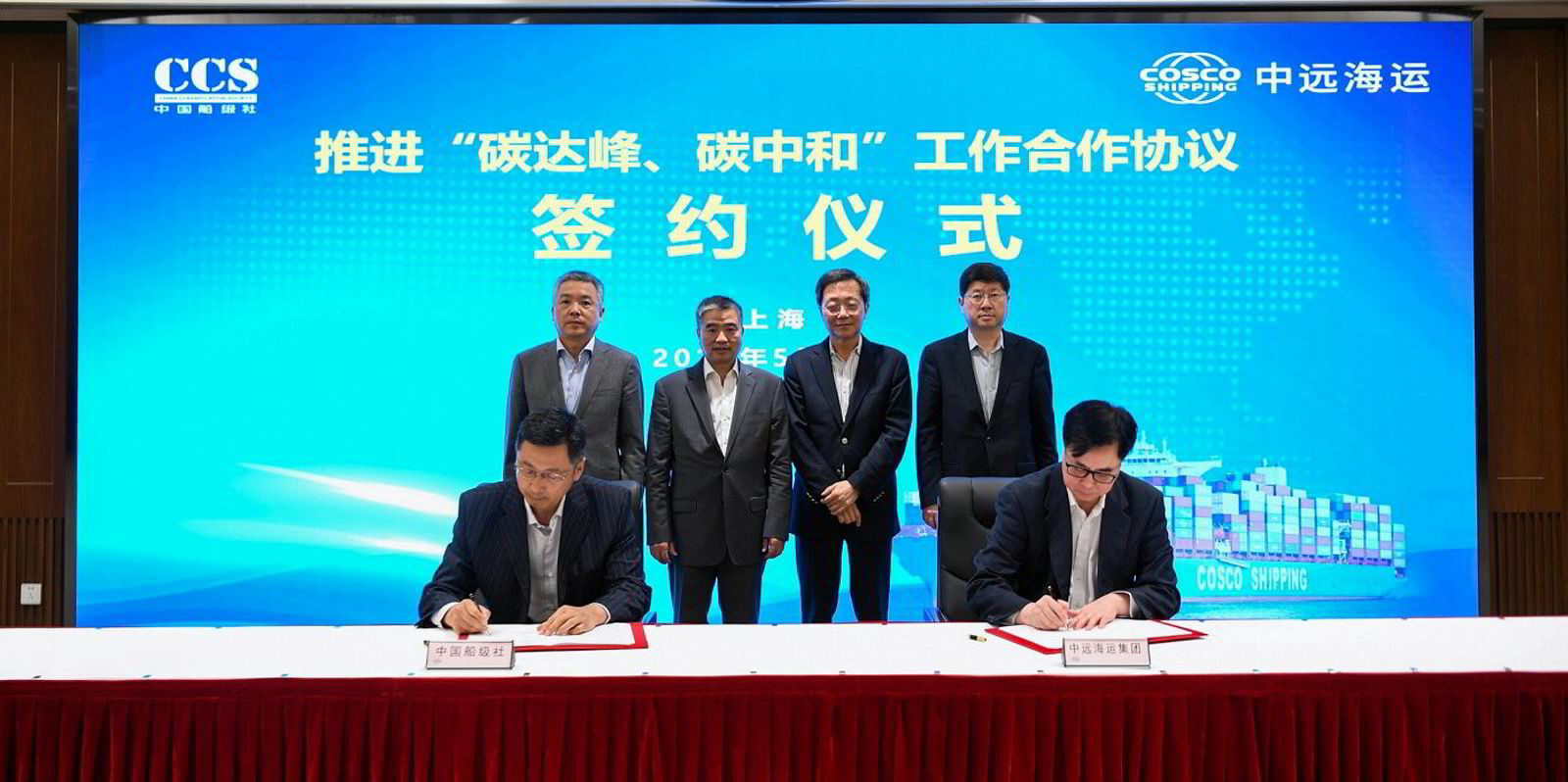Citing the unique needs of the market, the Blue Sky Maritime Coalition is set to focus on helping US and Canadian shipping get to zero emissions in the next 30 years.
Introducing the group on a panel during Marine Money Week — held online once again due to the Covid-19 pandemic — chair Karrie Trauth said the group was bringing together everyone from regulators and academics to charterers to shipowners to help with the push.
"It is exciting times. When I look at the maritime industry and I imagine life in 2050, looking back to today, we are literally and legitimately on that turning point where there’s an impetus to change," said Trauth, who will soon be taking the role of global head of shipping and maritime at Shell.
"What we do over the next seven or eight years, what we have on the water by 2030 is going to shape our trajectory all the way to 2050."
Trauth said the fact that North America accounted for 30% of all shipping emissions pushed the issue further.
Ted Tregurtha, founder and chief executive of Moran Holdings and coalition director, said the group was necessary as ships in domestic trades in the US and Canada are more expensive than those built for international trades and are expected to last as long as 40 years.
Further, the US and Canada tend to rework international regulations in their own ways, pushing some equipment manufacturers to stay out of those markets.
“If that weren't complex enough, in the US in particular, state and local governments play a much more proactive and greater role than in other areas of the world," Tregurtha said.
"One only needs to look at California which has its own emissions regulations as one big example, but there are many many others."
Blue Sky — which currently counts ABS, Overseas Shipholding Group and Wartsila among its founding members — intends to first focus on developing a charterparty that incentivises CO2 reductions and emissions measurement while pushing policies to accelerate development of low and zero emissions vessels.
The coalition's big goals include developing future maritime fuels.
“We’re attacking emissions in probably the best area for surface transportation. If you look at the carbon emissions from shipping, they’re just lower than trucking or rail," said Kirby chief executive David Grzebinski who also sits on the coalition's board.
"We already have a pretty good footprint. I think what we're saying collectively is that we need to get to zero, we need to get better."







